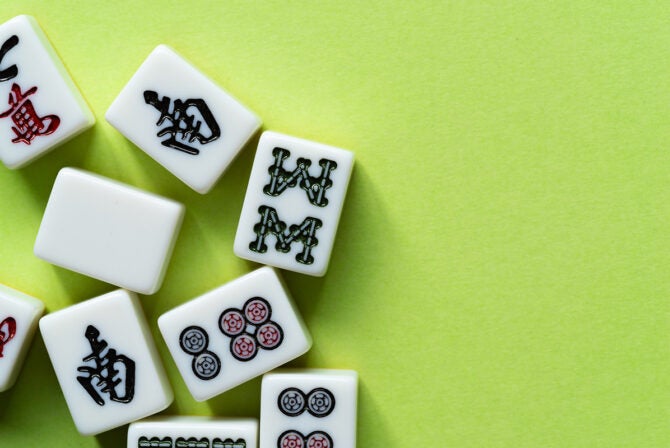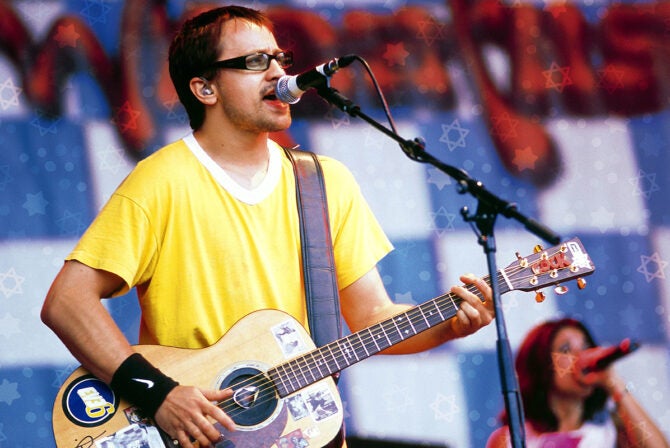Tu Bishvat begins this Friday. For some, this holiday will only register because a child enrolled in Hebrew school (or Jewish Day School) will come home with a sandwich bag full of dried fruits and nuts or with a story about the Tu Bishvat Seder she participated in at school.
But for most of us, this admittedly minor Jewish holiday will pass without much (any?) fanfare. The concept is great: a New Year for the trees. The winter rains in Israel are on their way out; its time to welcome spring, to honor the earth in all of its life-sustaining glory, to get our fingernails dirty and plant something.
That sounds wonderful. Alas, temperatures (at least in New York) are below freezing this week. My front lawn is yellow, not green. We let the dog out in the yard and she trots around for a minute before she realizes how cold it is and then begs to be let back in. The two plants we have are dead. There are no leaves on the trees. I love trees, but even the trees in our neighborhood would come indoors for hot cocoa if they could. Doesn’t exactly feel like spring.
And so I go searching on the internet for something to tell you about Tu Bishvat that might apply, something you can tell your kids about this holiday, abstract as it might be, given the frigid temps. And here’s what I find:
Tu Bishvat became a very important holiday for Jewish mystics (Kabbalists) in medieval times. Kabbalists believed that all physical forms, humans included, contain within them a “spark of the divine presence.” According to Jewish mysticism, our actions can serve to “release these sparks.” On Tu Bishvat, Kabbalists would eat fruits and nuts, which also contain life and the promise of growth, as a way of trying to release the sparks.
I dig a little deeper. I learn that the Ba’al Shem Tov, the Hasidic mystic, taught that just like the earth, which contains within it so many treasures (like precious metals and gems), we, too, contain within us a huge capacity for good. An incredibly optimistic man, the Ba’al Shem Tov’s teachings urge us to remember that there are resources inside of each of us–strength, courage, insight.
Suddenly, Tu Bishvat is not just a Jewish arbor day, but also an opportunity to become aware, yet again, of our inner self, of the capacities contained within each of us.
I like this notion. But I get caught up in the idea that the earth contains treasures. I stop searching for information on Tu Bishvat and I stare at the screen. All I can think is that the earth now contains one more treasure, my most precious dad, gone exactly three months.
I close the computer, just as I do whenever the screen saver clicks on and there before me is another photo that breaks my heart.
I return the next day to this blog post because I’ve remembered something relevant to Tu Bishvat. Here it is:
There are two cypress trees planted in my parents’ backyard. My father planted them there, honoring the Jewish tradition that when a girl is born, one plants a cypress, which is thought to be a “graceful and fragrant” tree. He presented this tree to us upon our daughters’ Jewish baby naming ceremony over a year ago. The tradition follows that when our daughters marry, branches of those trees will serve as the poles that hold up their wedding
chuppot
(wedding canopies).
We knew then that my father would not live to see the marriage of my girls. We knew, though we never spoke about it except with our eyes and when we hugged, that he probably wouldn’t even see those trees grow much beyond waist high.
I can choose to focus on what he’s already missed and what he will miss as the days and years pass–their childhoods, their loves, their marriages–or I can keep forcing my brain back to what he was here for; my marriage, their birth, their toothless grins, their first steps, their first calls for papa.
I’d be lying–and you wouldn’t believe me anyway–if I told you that I’m just focusing on the spark within me and my capacity for renewal. On the contrary, I know this rainy season will last quite a long time. I will likely forget these small Tu Bishvat inspirations by tomorrow, or, more likely, two hours from now.
But even so, I’m grateful that for a moment today I remembered how incredible my inner reserve of strength is. I didn’t think I could write one word one month ago. And here I am, telling you all of this, returning to Kveller, a community I have missed very much.
I don’t know if you will choose to celebrate Tu Bishvat this year. If you do, enjoy the fruit and the nuts and the songs and the good cheer. And even if you don’t, remember one righteous man, one Rabbi Alan Abraham Kay, who, as the psalm goes, will flourish like a date palm, stand tall like a cedar tree. He’s a treasure in our earth, and planted deep, deep in my heart.
Chag Sameach.







